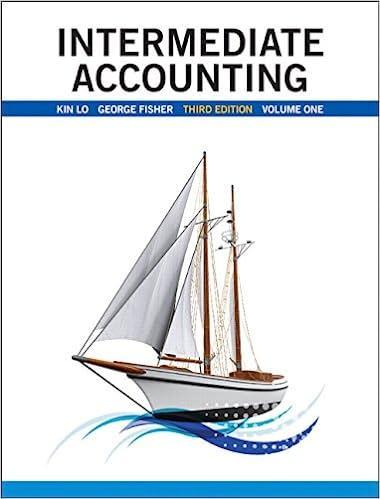Answered step by step
Verified Expert Solution
Question
1 Approved Answer
Alex Inc. files financial statements with the Securities and Exchange Commission; Betty Corp. does not. Both corporations have a fiscal year-end of December 31, Year
Alex Inc. files financial statements with the Securities and Exchange Commission; Betty Corp. does not. Both corporations have a fiscal year-end of December 31, Year 1; both corporations had received all approvals necessary for issuance of their GAAP-compliant December 31, Year 1, financial statements by January 24, Year 2, and both corporations had actually distributed such financial statements to all financial statement users by January 29, Year 2. Which of the following is true with respect to how long Alex Inc. and Betty Corp. must evaluate subsequent events for purposes of potentially having to make adjustments and/or footnote disclosures to the December 31, Year 1, financial statements? A. Alex Inc. must evaluate subsequent events through January 24, Year 2, and Betty Corp. must evaluate subsequent events through January 29, Year 2. B. Alex Inc. must evaluate subsequent events through January 29, Year 2, and Betty Corp. must evaluate subsequent events through January 24, Year 2. C. Both corporations must evaluate subsequent events through January 29, Year 2. D. Both corporations must evaluate subsequent events through January 24, Year 2
Step by Step Solution
There are 3 Steps involved in it
Step: 1

Get Instant Access with AI-Powered Solutions
See step-by-step solutions with expert insights and AI powered tools for academic success
Step: 2

Step: 3

Ace Your Homework with AI
Get the answers you need in no time with our AI-driven, step-by-step assistance
Get Started


